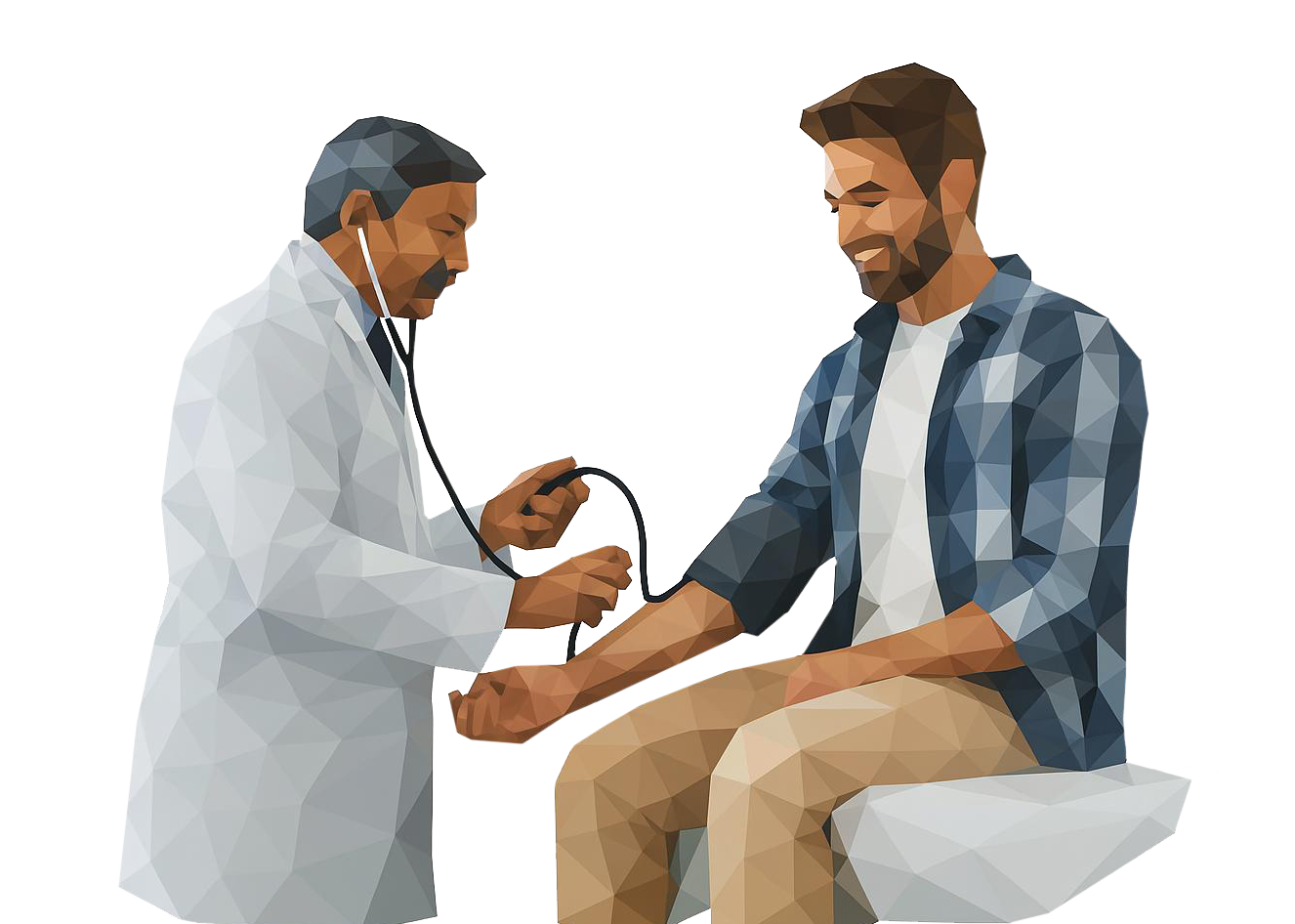Employee Health Checks

Our employee health checks are designed with your employee’s well-being in mind.
Employee health checks are essentially a thorough health examination designed to offer a comprehensive insight into an employee’s overall health and well-being. Health checks promote positive health and well-being in the workforce, boosting workplace productivity and employee engagement. These health checks provide a comprehensive insight into an employee’s overall health and well-being, offering several benefits for both businesses and employees.
Why offer employee health checks?
Benefits of employee health checks for businesses
Talent Retention.
Ensure you retain the most talented individuals by demonstrating a commitment to their health and well-being.
Talent Attraction
Help attract the best potential candidates.
Reduced Absenteeism.
Lower absentee rates and shorten recovery times by proactively addressing health issues through early detection.
Improved Productivity
Promote healthy habits among your workforce, leading to increased productivity rates and higher levels of employee engagement.
Financial Advantage
Investing in employee health checks provides an overall financial benefit to your organisation by preventing potential health-related costs.
Benefits for employees
Early detection.
Proactively address potential health risks before they become major concerns.
Prevention.
Identify health issues at an early stage, enabling timely intervention and prevention
Improved Well-Being.
Enhance the overall well-being of your employees, fostering a positive work environment.
Peace of Mind.
Provide your employees with peace of mind knowing that their health is a priority.
Increased Productivity.
Healthy employees are more productive. By investing in their well-being, you contribute to a more vibrant and energetic workforce.
What to expect on your occupational health assessment?

Professional Guidance

Comprehensive Health Assessment

Customised Recommendations
What is included in an occupational health screening?

- Blood Pressure.
Assessing heart health and potential risks. - Cholesterol.
Monitoring blood lipid levels to reduce the risk of heart disease. - Glucose.
Evaluating blood sugar levels for early detection of diabetes or pre-diabetes. - Waist/Hip Ratio (WHR).
Assessing body composition to predict diabetes and hypertension risks. - Exercise.
Measuring physical activity levels and encouraging a healthy, active lifestyle. - Smoking.
Evaluating smoking habits and promoting smoking cessation for better lung and heart health. - Alcohol.
Monitoring alcohol consumption to prevent health problems and promote moderation. - Vision.
Checking visual acuity and ensuring healthy eyes and optimal vision